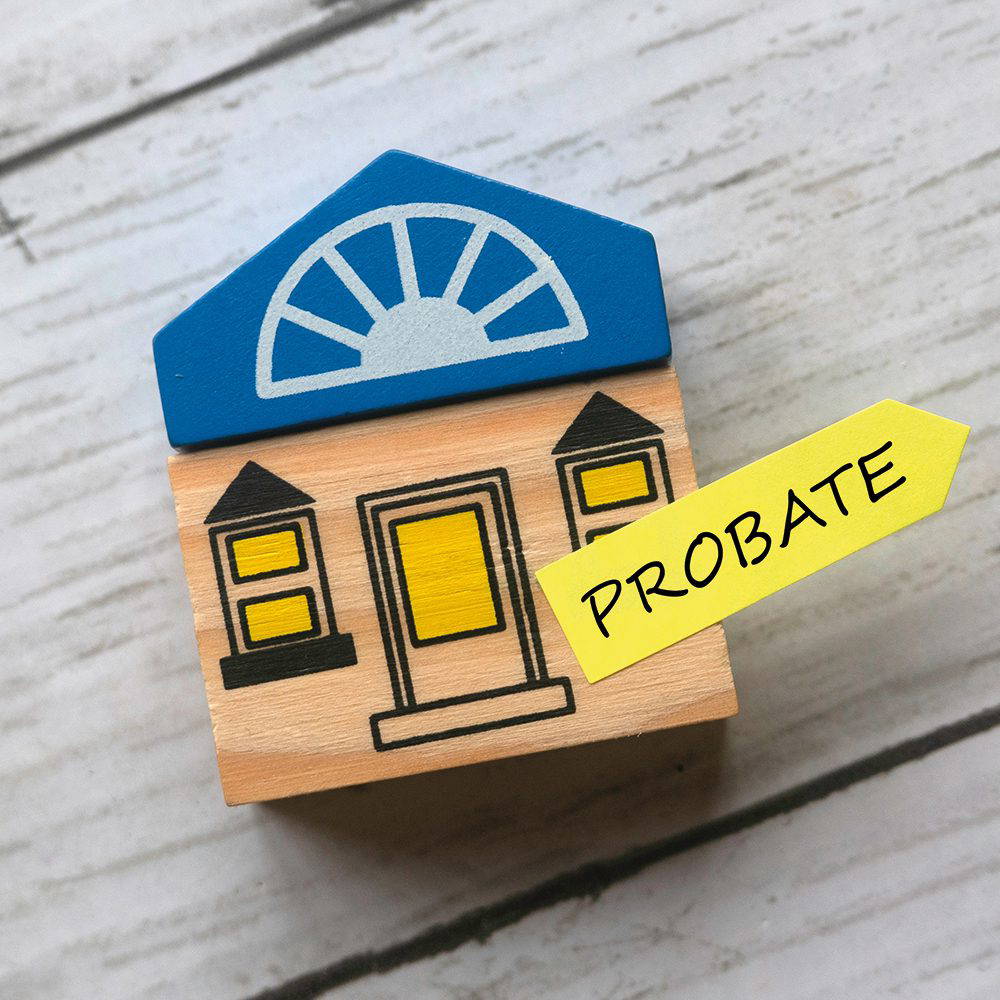Inheritance & Estate affairs
Inheritance Tax Planning
Inheritance Tax (or you have know it by its infamous acronym ‘IHT’) is a subject with a lot of differing factors, to what assets you hold, how old you are, relationship status, and life expectancy; among many other elements to build.
Looking on the positive side, you do make it through to retirement (or you already have) and perhaps IHT is of concern. We can look at ways to mitigate and reduce your estates liability. And if mitigating your Inheritance Tax liability is a major objective for you, this can also impact our recommendations of how and where you place any investments you have or wish to make.
That is why it is important to get accurate and honest advice now on the best way to leave your estate, valuables and personal effects to any beneficiaries.


Wills & Power of Attorney
This is not a something we can directly do for you, you will need a solicitor to make sure it is all legally binding but this doesn’t stop us giving you a nudge in the right direction of what you need to be considering to have in place and why.
Want to find out more?
Send us a message if you’d like more information about the inheritance & estate affairs services we offer, and one of our friendly team will get back to you.
FAQ
Most frequent questions and answers
Please note content within our website should not be treated as advice or a recommendation.
This is a common question that many people have when they receive a bequest from a deceased relative or friend. The answer depends on several factors, such as the type and value of the inheritance, the relationship between the beneficiary and the decedent,
Inheritance tax is a transfer tax that applies to the estate of someone who has died. The estate includes the property, money and possessions of the deceased person. Inheritance tax is charged at a standard rate of 40% on the part of the estate that exceeds the threshold, which is £325,000 for most cases. However, there are some exemptions and reliefs that can reduce or eliminate the inheritance tax liability, such as leaving everything above the threshold to a spouse, civil partner, charity or community amateur sports club, or passing on a home to children or grandchildren. Inheritance tax is paid by the executor of the will or the administrator of the estate, using funds from the estate. Inheritance tax rates and allowances are the same for UK nationals and foreign residents, as well as for non-residents who own property in the UK.
Therefore, whether an inheritance is taxed or not depends on the specific circumstances of each case. It is advisable to consult a professional to determine the tax implications of receiving an inheritance.
In short, yes. You can gift as much as you like, to whoever you like BUT this does not mean it would not be subject to inheritance tax.
Inheritance is a term that refers to the property, money and possessions that someone leaves behind when they die. Inheritance tax is a tax that may be charged on the value of the estate above a certain threshold.
One way to reduce the amount of inheritance tax that may be payable on your estate is to give away some of your assets before you die. This is known as making ‘early inheritance’ gifts or ‘potentially exempt transfers’ (PETs). However, there are some rules and risks involved in doing this.
First, you need to be aware of the ‘seven-year rule’. This means that if you die within seven years of making a gift, the value of the gift will be added back to your estate and may be subject to inheritance tax. The rate of tax will depend on how long ago you made the gift, and it will reduce gradually from 40% to 0% over the seven-year period.
Second, you need to consider the impact of giving away your assets on your own financial situation and well-being. You should only make gifts that you can afford and that will not affect your standard of living or your ability to pay for your care needs in the future. You should also be careful not to give away more than you intend to, as you may not be able to get it back if you change your mind or if the recipient dies before you.
Third, you need to think about the consequences of giving away your assets on the recipients. You should make sure that they understand the implications of receiving a gift, such as the potential tax liability if you die within seven years, or the effect on their own eligibility for means-tested benefits or tax credits. You should also consider whether they are ready and able to manage the gift responsibly, or whether they may face any risks or challenges from other family members or creditors.
In summary, inheritance can be given before death in the UK, but it is not a simple or straightforward decision. You should always seek professional advice before making any significant gifts, and weigh up the pros and cons carefully.
Inheritance tax is a tax that you may have to pay on the estate of someone who has died. The estate includes their property, money and possessions. In the UK, the standard inheritance tax rate is 40%, but it only applies to the part of the estate that is above a certain threshold.
The threshold is currently £325,000, but it can increase to £500,000 if you leave your home to your children or grandchildren. There are also some reliefs and exemptions that can reduce the amount of inheritance tax you have to pay, such as leaving money to a charity or a spouse. You can find more information about inheritance tax on the GOV.UK website or seek advice from a qualified professional.
When someone dies without leaving a valid will, their estate (money, property and possessions) must be distributed according to the rules of intestacy. These rules determine who can inherit from the estate and how much they can receive. Only married or civil partners and some other close relatives can inherit under these rules.
To deal with the estate of someone who died without a will, a person must apply for a grant of administration from the court. This gives them the legal authority to collect and distribute the assets of the estate according to the rules of intestacy.
This is why having a will is a useful tool because it allows you to decide what happens to your money, property and possessions after your death. A will can also help you avoid paying more Inheritance Tax than you need to. If you die without a will, the law decides who gets what, which may not be what you want. Writing a will is not very complicated, but you should get advice if your situation is not straightforward. You also need to make sure your will is legally valid by having it witnessed and signed by two people who are not beneficiaries. You can update your will at any time by making an official alteration or a new will. Having a will can give you peace of mind and make things easier for your loved ones after you are gone.
Receiving an inheritance is unlikely to affect your state pension. The state pension is not means tested but is made up from National Insurance contributions.
There are other factors you need to consider still. Such as if you are receiving Pension Credit, as the amount of inheritance you receive may affect your eligibility for Pension Credit. It is advisable to contact the Pension Service to discuss your specific situation and how it may affect your state pension.
Yet like most things, Inheritance Tax (IHT) could change. There are always rumours and mumble that the government are going to refine how IHT works but how this happens and when…? The threshold for creating a liability could rise or fall, the general IHT rate could also go up or down. There are always changes to rules and regulation.
Inheritance Tax may undergo some changes in the near future and this is why having an independent financial adviser can help to take some steps to reduce your IHT liability and maximise your legacy for your loved ones.
